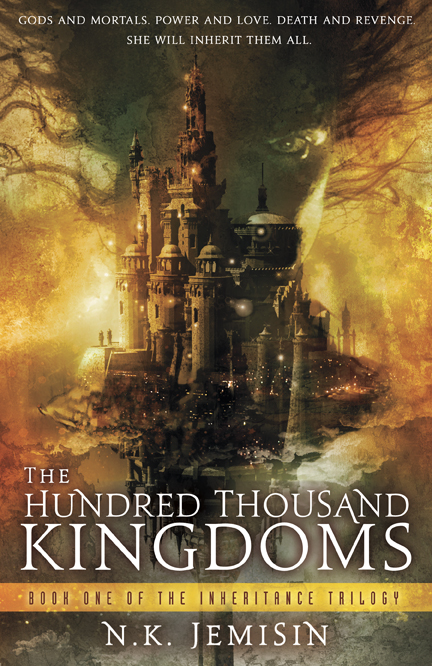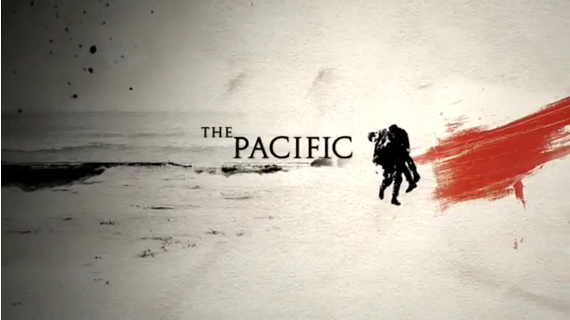The Healthcare Debate
/The healthcare legislation that has been working its way through Congress over the past year has finally been passed in the House, and will likely be signed into law later on this week by President Obama, mandating Healthcare for the general public and generating some of the most intense debate that I've ever seen when it comes to politics. I have mixed feelings about the bill. On one hand, people will be mandated to carry private health insurance, and will require health insurance companies to carry people, restricting how they can drop people from insurance (no more people dropped due to preexisting conditions, etc) and allows the states to set up markets for people. It'll provide some subsidies for people at a certain income bracket, and will help to pay for itself through fees and a couple additional taxes.
On the other hand, this is a system that is most likely unprepared for the sudden influx of 32 million people, on the part of the hospitals to insurance companies. It's most likely going to cost a bit of money in unexpected places (even though it's supposed to reduce the deficit by quite a bit) and is causing a lot of worry from some people about how it will affect small businesses and gives something for the paranoid anti-governmental cranks to yell at.
With that in mind, I think that this is most likely going to be a largely positive move for the country to go to. Numerous other developed worlds have put into place such a system, and while it's been longstanding desire on the part of many a politician, it's never been enacted until now. This is major, for the public, and its being hailed as the next step of civil rights. To be very honest, I don't know if it is or not, or what will happen next, but I am happy that the entire mess is over for now.
Moreover, it's huge win for the Democratic Party. Despite enormous and united efforts on the part of the Republican Party, the bill was still passed. The President's major legislative goal, promised in his campaign, has since been fulfilled, and represents a concrete example of what the party has done. Interestingly, the bill has been designed to be put into place gradually - some things, such as the more popular ban on dropping for pre-existing conditions, allowing college students to remain on their parent's insurance, and so forth, allowing people to see the changes in action, which will likely help to stem a lot of the negative publicity on this bill.
Still, the Democrats really screwed up parts of this. Much of the angst and issues came from language relating to some of the more controversial elements of the bill, but also because congressmen were too concerned about their futures in the House. While this is a legitimate concern, when a party becomes more important than the immediate good of the nation, problems arise. In particular, this fight over the past eight months has weakened President Obama's presidency, if only because of his inability to keep his party in line and to hold them to specific legislative strategy. One can hope that this will become a lesson for what not to do with the Democrats, and demonstrate the need for a clear and unified party strategy. Similarly, simply saying that people would come around once they see the bill in action, while probably true, simply isn't good enough. As a party, the democrats needed to sell their vision to the American people, and that was something that they largely failed to do.
At the same time, the Republicans have dug themselves into a major hole with their actions. Despite their complaints that they were shut out of the process with the bills that were proposed, I've always thought that the cries to start again, this time with more conservative ideas, was just a thing to buy time and delay the actions that just happened, which was genuinely hurting the Democratic party. Rather than providing a unified front against the Democratic ideas, the gamble was that they could derail the bill, rather than incorporating ideas from within and using their leverage there to get their way - it was a gamble that failed, and most likely, there will be some Republicans that will be in hot water with their own constituents over the bill’s passage.
Still, for all of their arguments, it largely came down to one point: it would be too expensive, and would land the country into even more debt. While that’s an entirely reasonable argument, I wonder where these people were when the Iraq War was pushed through congress, which will no doubt do far more damage in that department than this bill. The Democrats should have done far more to attack them on this point, and explained just how this bill will not do what the Republicans think it will.
What worried me the most was the tactics used on the part of right-wing elements in the country to bring out voters, utilizing mis-information about the bill, general hatred towards our President and resorting to some pretty nasty stuff, especially right before the bill - racial slurs, death threats and so on. I'm all for galvanizing a population and encouraging them to get involved, but not in ways that are fundamentally detrimental, and in the end, just stirred tempers and drove the image of the Republican Party further to the right. In the end, that's probably not going to help the Republican Party - the Democrats, through this whole experience, can show that they're a party that's somewhat flexible, if somewhat hard to pull into line, but one that has far more moderate policies amongst its members as a whole. What hampered some of the movement on this bill may in fact be something that can be exploited.
What needs to happen next is for the Democrats to sell this victory - they need to get out and about to their bases, talk about what they've done, and make people realize what they've done, and how it is good. They need to use this victory to push forward to other positive accomplishments that they can work with, and use this to their advantage to move forward what they want to do in the next two and a half years.
(A bit of a disclaimer – given the heated nature of this political argument, I’m closing comments. These are my own views on this, and I’m not in the mood to deal with a whole lot of confrontation over them. If you don’t like it, go write your own angry blog post.)


























